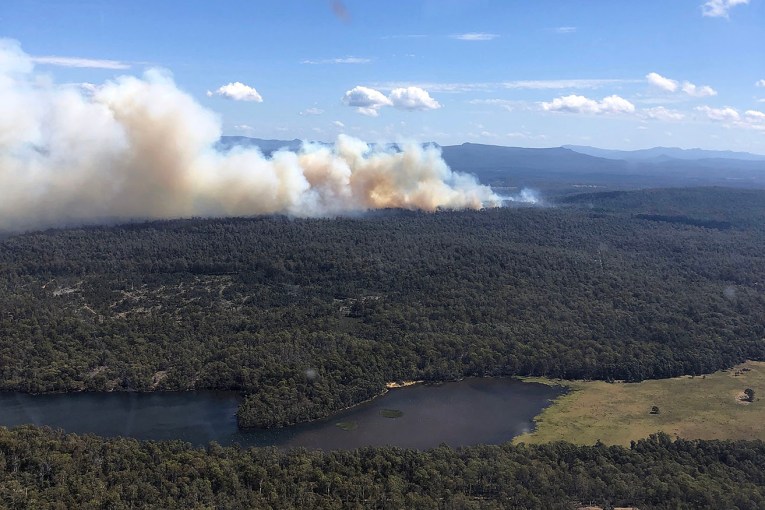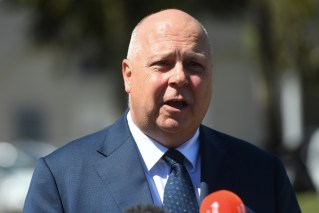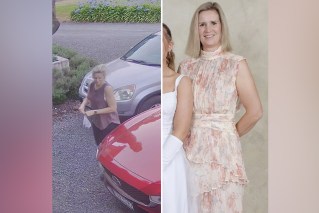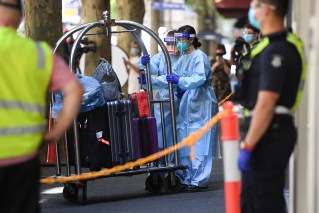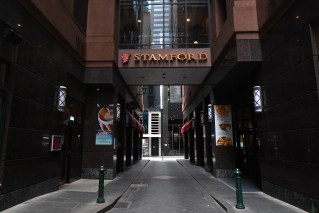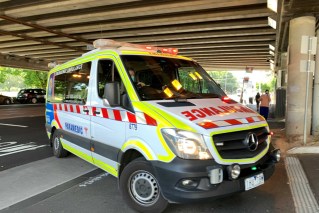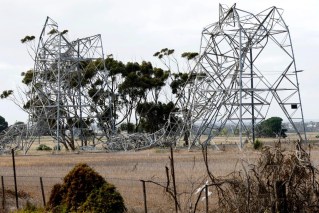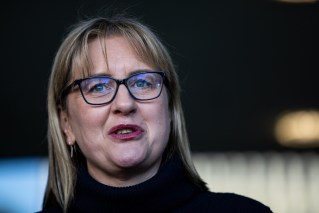Elderly woman with dementia issued $2500 power bill
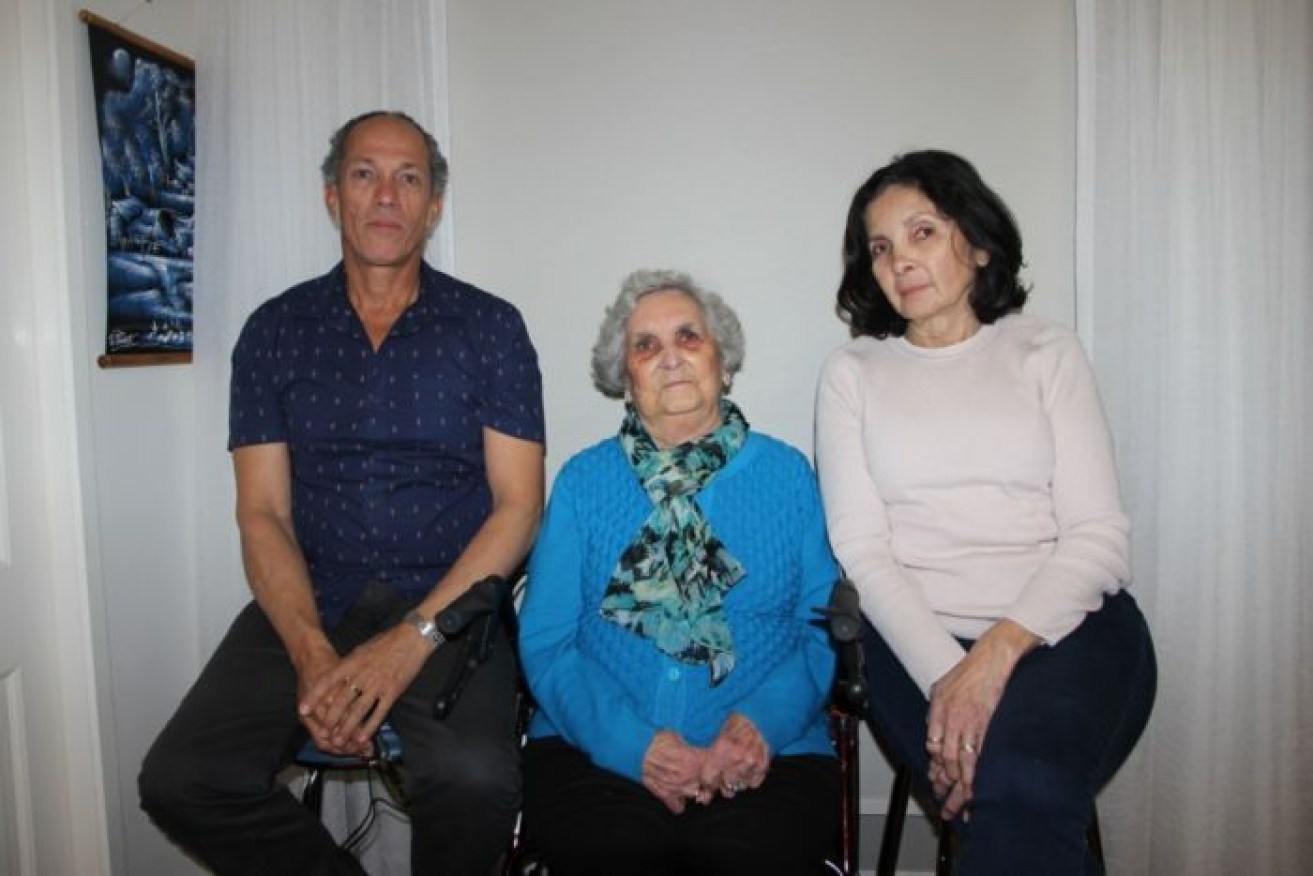
Big bill: Joan Ford (centre), her daughter Patricia Matthys and son-in-law Mark. Photo: Mark Matthys
A Melbourne nursing home resident with early-stage dementia has been signed up to an energy account and issued bills of more than $2500, in what the energy ombudsman has described as a “concerning” case.
Joan Ford, 86, lives at the View Hills Manor nursing home in Endeavour Hills where the bills for her utilities are included in the home’s fees.
But in June her family found a $1384 electricity bill from provider 1st Energy for electricity apparently supplied in May.
It was addressed to Ms Ford’s unit at the nursing home.
Her son-in-law, Mark Matthys, said she had no recollection of what the bill was about, but the family suspects she was cold-called and unknowingly signed up for an electricity account.
“My mother is a resident of a nursing home [and] doesn’t own any real estate,” Mr Matthys told ABC Radio.
“How on Earth would it even be possible to make up an account for a person who doesn’t actually have anything to pay for?”
Collection agency becomes involved
The family contacted 1st Energy and were told the problem would be fixed.
But they subsequently received two reminder notices, a phone call from a collection agency, and a second bill for more than $2584 for energy apparently supplied through June and part of July.
Mr Matthys said the family still had no idea how the bill was generated or which meter, if any, the account was linked to.
“Even my electricity bill doesn’t come to that amount,” he said.
“It just defies logic that it could proceed to this level without any basis.
“They just target you on a whim from a phone call and it’s causing a lot of anxiety and stress to my mother-in-law.”
Ombudsman weighs in
Cynthia Gebert, Victoria’s energy and water ombudsman, said it was a concerning case, in particular the cold-calling of nursing home residents and the company’s inability to resolve the issue.
“If you’ve undertaken to remedy something, it should be done. It shouldn’t continue to bounce around, particularly for a customer being described as experiencing vulnerability,” she said.
“They said they were going to fix it and they waited for collection activity to start, so collection activity in those environments is particularly concerning for us.”
The energy ombudsman is not a government body but is described as an “independent dispute resolution service”.
It is funded by the energy industry, and the more complaints a company receives, the more it contributes to the ombudsman’s operating costs.
Joining the do-not-call register
Ms Gebert said she did not know how the bill was calculated, because units in nursing homes were generally not individually metered.
“Retirement villages may be, but nursing homes less so, so that’s the bit that is particularly concerning for me,” she said.
How on Earth are they billing? How are they coming up with these numbers? This is something that we will need to look into in more detail.”
Ms Gebert suggested vulnerable people should join the do-not-call register but warned there were some ways companies could circumvent the list.
“One of the things we’ve experienced is customers will register with the do-not-call register but they might buy raffle tickets or enter a competition where they tick a box and consent to their details being shared,” she said.
“It’s an inadvertent agreement, in a way, to go around the do-not-call register.”
Nothing to pay
A 1st Energy spokeswoman said the company had now spoken to the parties involved and there were no amounts for Ms Ford to pay.
“I’ve extended our apologies for the administrative error and the inconvenience and concern this has caused the family,” she said.
“Due to human error the matter was unfortunately not fully remedied when initially picked up. It has now been fully resolved.”
